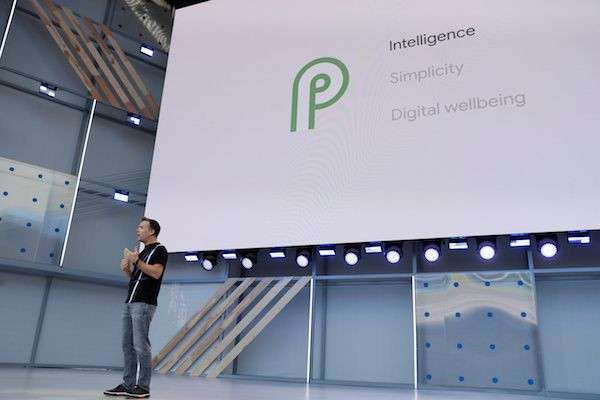Android P Features Explained: Navigation Gestures, Android Dashboard And More

The next major version of the Android operating system is Android P. And even though Google has yet to reveal the update’s dessert-inspired name, it has already disclosed the new features it will come with.
The Verge got an exclusive first look at the Android P experience on Tuesday, and the technology news outlet did not hesitate to dub it the “most ambitious update” for the Android OS in years. The publication may have gotten it right though, considering that Android P offers more than what last year’s Android 8.0 Oreo came with.
Android Oreo was an update that focused more on internal changes. The upcoming software is very different since it is full of visual changes and new features designed to improve the overall user experience of the mobile operating system.
First off, Android P introduces a new core interface with navigation gestures that can access functions typically buried in the interface or apps. For instance, a long press on the home button will launch Google Assistant. Doing a half swipe up will lead to the overview screen, while doing a full swipe up will launch the app drawer.
At Google’s I/O event, VP of engineering for Android Dave Burke explained their decision to change the navigation system of the OS with Android P. He said that the new navigation gestures were made for the purpose of “making Android simpler but also more approachable.”
Android P is also coming with Android Dashboard, a new feature that will help users keep track of the time they spent on their devices. It provides information on the apps that users mostly use throughout the day, the number of times they unlocked their handsets and the notifications they have received. The idea behind this is to encourage users to spend more time with the real world, as per CNET.
Android Dashboard is part of Google’s new Digital Wellbeing initiative that seeks to help digital consumers understand their usage patterns, focus on what really matters and find that balance for the time they spent on their devices and with their family. “Helping people with their digital wellbeing is more important to us than ever,” Google’s vice president of product management Sameer Samat said. “We found over 70 percent of people want more help striking this balance.”
Fossbytes has learned that Android P will also have AI-powered features. There’s Adaptive Battery that uses on-device machine learning to predict the user’s app usage patterns. Then there’s Adaptive Brightness that adjusts screen brightness as per user preference to save battery. Google has also come up with a new framework called “MLKit” that will help developers bring machine learning features to their apps.
© Copyright IBTimes 2024. All rights reserved.





















